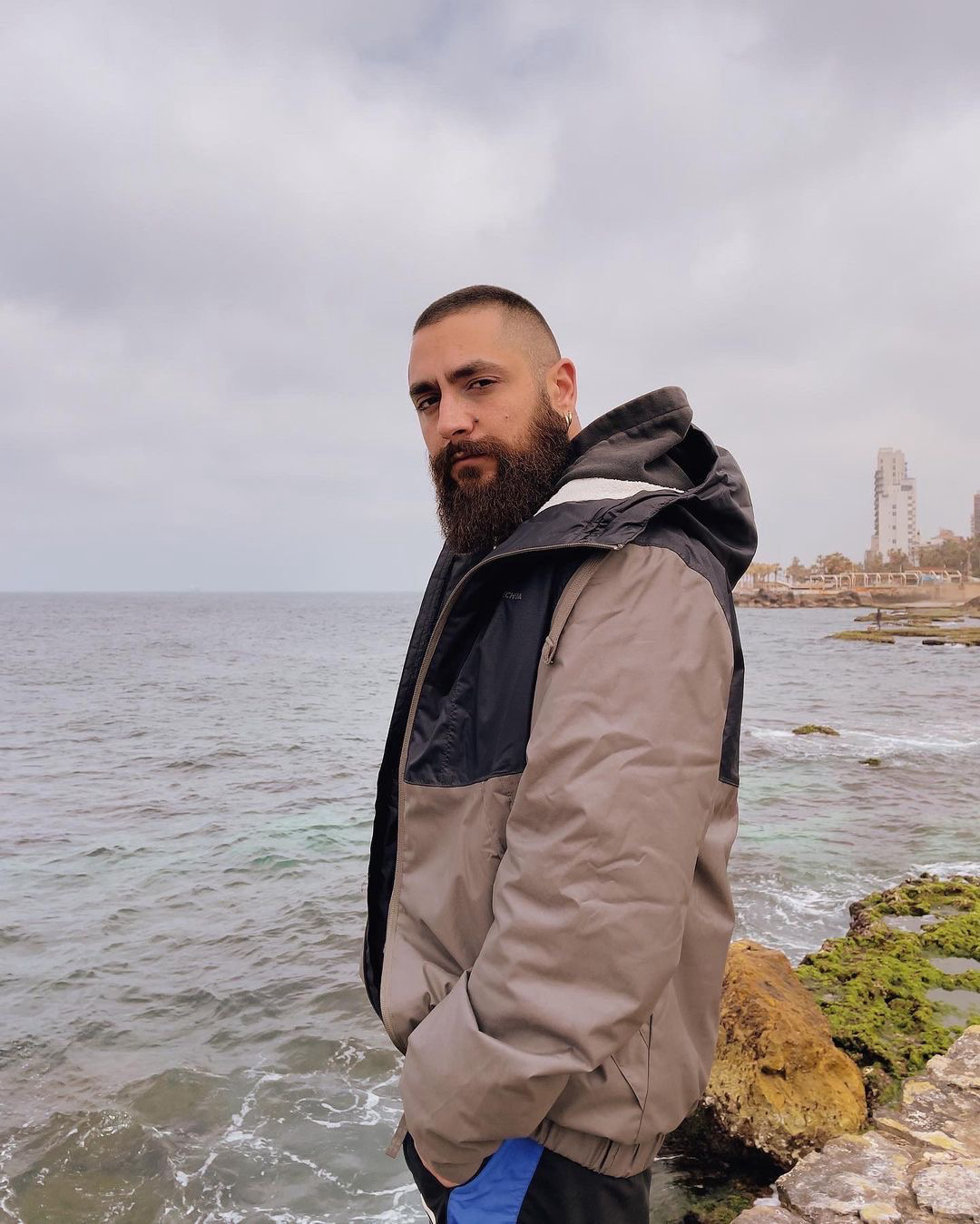
Archives, almost by definition, document those who had the space, time, foresight, and safety to preserve their own histories. Lebanese photographer Mohamad Abdouni is more interested in creating archives that don’t already exist.
In 2017, he founded Cold Cuts, a magazine that chronicles queer histories of the Arab world. More recently, he produced “Treat Me Like Your Mother,” an archive of 11 trans women living in Beirut between the ages of late 30s and early 50s. At Paris+ by Art Basel, which opened to VIPs today, Marfa' gallery presents Abdouni’s latest riff on the archive—filling in the gaps with AI-generated images. CULTURED spoke to him ahead of the fair’s opening.
CULTURED: I want to start by asking you how you got to where you are today. What drew you into the world of image-making?
Mohamad Abdouni: There's this little anecdote that I tell because it explains most of my career well. When I was about 12 or 13, I was obsessed with the world of publications. Magazines used to go to one supplier in the region, who happened to be in Beirut, and I ordered issues from them directly, which at the time was not as easy as it might sound.
I would be completely enthralled by a certain cover that I wasn't able to get my hands on, or I hadn't put aside enough money from my allowance that month to be able to buy it, so a few months later I would track it down. I knew I was really interested in imagery in general, whether that was photography or something else. I ended up studying fine arts and communications, not photography. And I found that to be incredibly time consuming.
CULTURED: In what way?
Abdouni: Painting is very time consuming. Illustration is very time consuming. I just wanted something much more immediate. I had been taking photos since my first year in college, but it was never professional in any way. It was just so I could keep track. I've always been obsessed with losing my memory because it's something that runs in my family. We have early-onset Alzheimer's in the family. I think my career so far has just been a very lucky coincidence of that need of mine turning into a career.
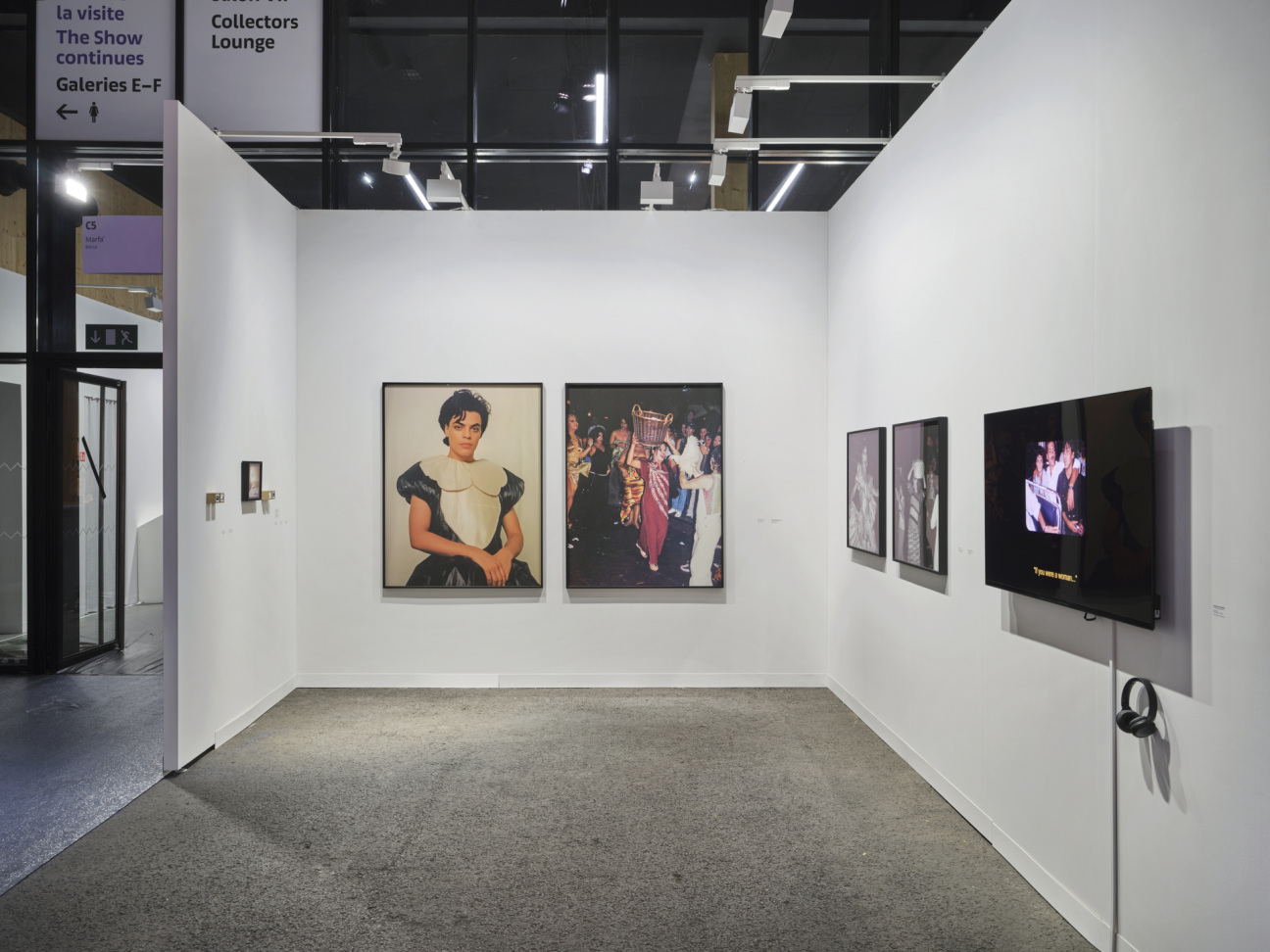
CULTURED: You've had this need to document and create a living archive of the world around you. When was the first time that you captured an image that felt like a story you wanted to tell?
Abdouni: When it comes to the stories, it was the other way around. It's always stemmed from a curiosity that was very deep-rooted. I grew up thinking that these stories didn't exist, or that I am completely alone in my thoughts, or in how I view the world or experience things, whether that's culturally or sexually. As I grew older, I realized I am but one of many. It's not a matter of these people not existing, but a matter of their stories not being documented. It's a quest to document for my own curiosity, and then packaging everything in a way that becomes accessible to anyone who might have that same curiosity.
CULTURED: Who are the image-makers, artists, or creatives you feel in conversation with?
Abdouni: There are so many. A “great” like Caravaggio, for example, influences my aesthetics hugely. The way he deals with light is something I tried to emulate as much as I can without a paintbrush. Or Nan Goldin. And people that are much closer to me, like Lebanese photographer Tanya Traboulsi, who happens to be a very good friend and somewhat of a mentor, even though she hates it when I say that.
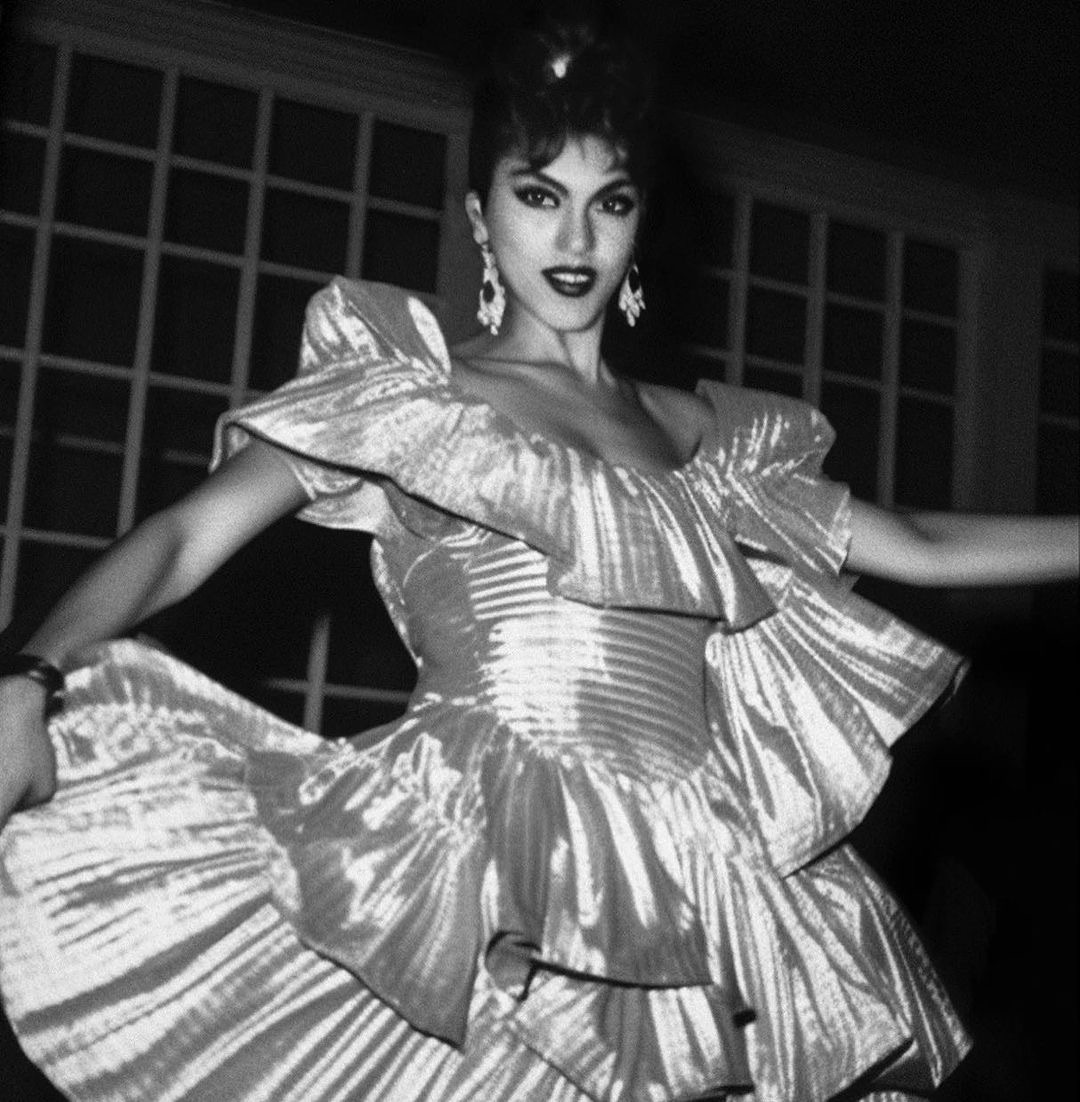
CULTURED: Tell me about the genesis of this Paris+ collaboration with Marfa’.
Abdouni: This work is coming off the back of a project called "Treat Me Like Your Mother,” an open access archive that compiles images of the transfeminine experience from the ‘80s and ‘90s in postwar Beirut. It, unfortunately, is one of the first such archives of its kind in an Arab-speaking territory, which is almost a disgrace in 2023. That project was about 300 archival images. As we were touring it, artificial intelligence was gaining momentum, with things like Midjourney becoming much more accessible.
We started having conversations about how artificial intelligence affects the future of the archiving practice, especially when it comes to archival collections of marginalized communities who, as we had seen over the past five years working on that project, did not necessarily have the privilege and the financial possibilities to document their lives.
How could artificial intelligence use those first-person oral histories and transform them into extended archives? At the same time, there were ethical questions—like what it means for the future of the archiving practice when it comes to verifying authenticity. I, very playfully, do not tackle these questions, but just raise them, because we should before things become a little more out of control.
CULTURED: What was the process of creating this series like?
Abdouni: The project for Paris+ is one of the first times that I approached a project this way. I wasn't out on the ground. I wasn't meeting people. I wasn't interviewing people. I wasn't shooting anything. Seeing as it was all artificial intelligence, it was just working with my own archives, archives from the Arab Image Foundation, archives from the women. It was the first project that’s entirely birthed out of my own bedroom.
CULTURED: Did you think, when you started working on the project, about it going on view at an art fair, which is kind of a distillation of the contemporary art world, with all of its complexity and commerce?
Abdouni: I have never shown at a fair before, in such a commercial space. But it felt like a perfect place to showcase this capsule project that lives in a way off the back of another project.
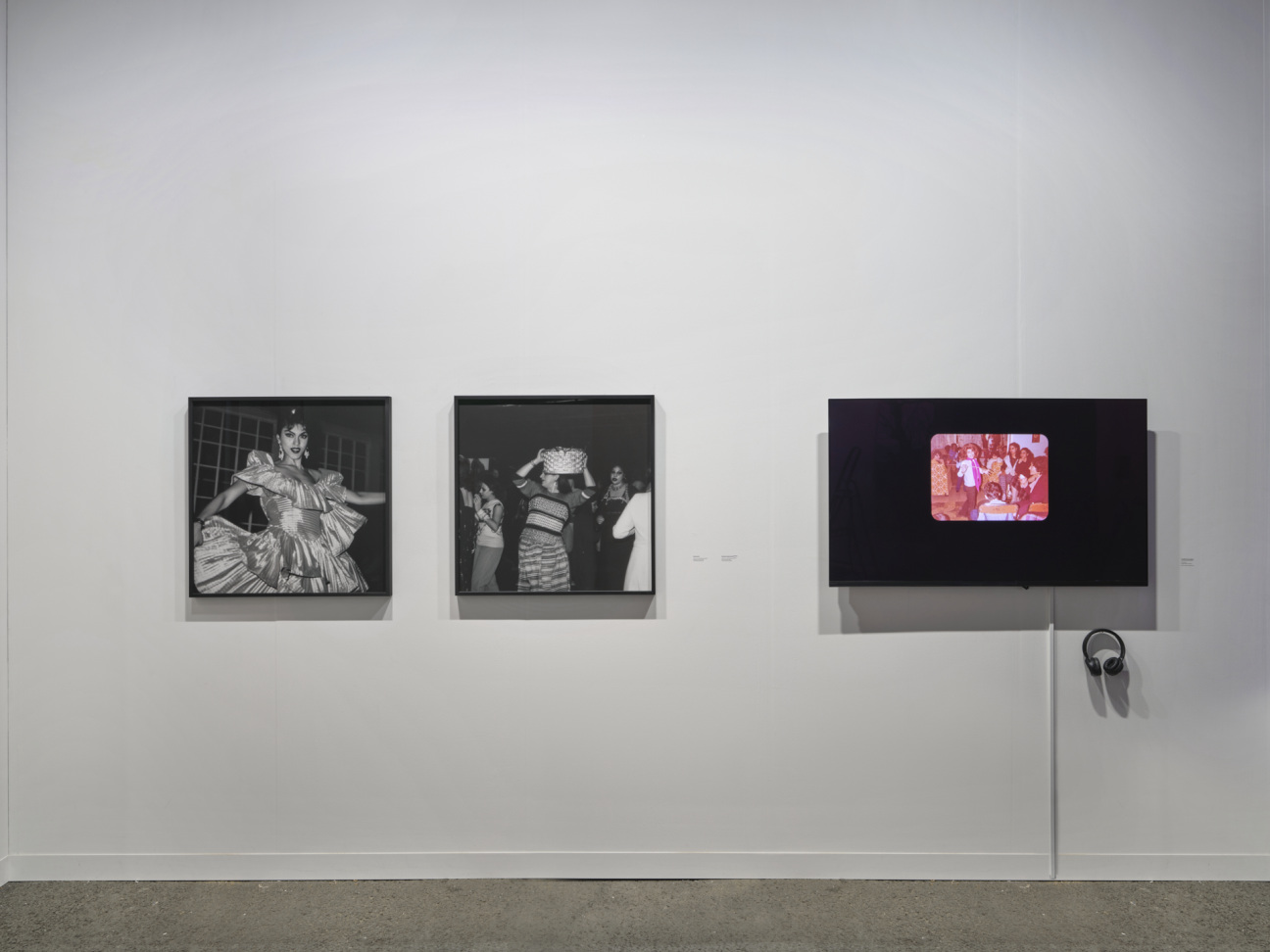
CULTURED: I'm interested in it being shown in Paris, too, which is a very specific context.
Abdouni: This is where a big, naive part of me comes in. I always have a very Arab audience in mind, because the first audience I think of is myself. To be completely honest, there was no specific thought to the work being shown in Paris specifically. As simple as it might sound, I just want people to see for themselves exactly how "authentic" images can seem. And how this is a conversation that needs to be had and protocols need to be put in place.
CULTURED: Is there anything that you're cooking up right now that you feel excited about?
Abdouni: I’m going to be a little more introspective in the coming year. I'm exploring family dynamics within Sunni relationships in Lebanon. I'm co-writing and directing a fiction series based, very loosely but not so loosely, on my own family.
CULTURED: Looking at your practice as a whole, what do you make images for and what do you make them against?
Abdouni: I make them for myself and anyone else that has similar curiosities. There's so many things I do my work against. The simple answer is against misinformation and ignorance.



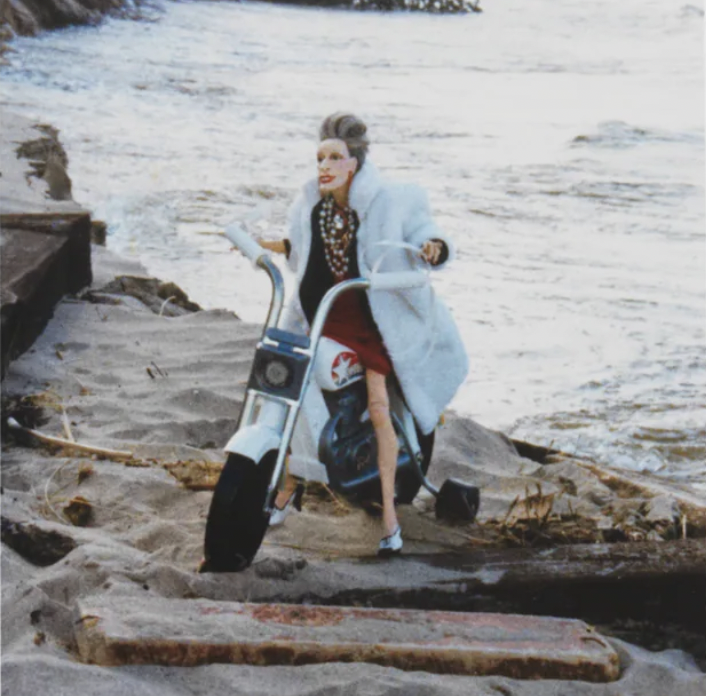


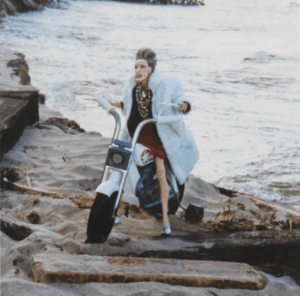



 in your life?
in your life?

